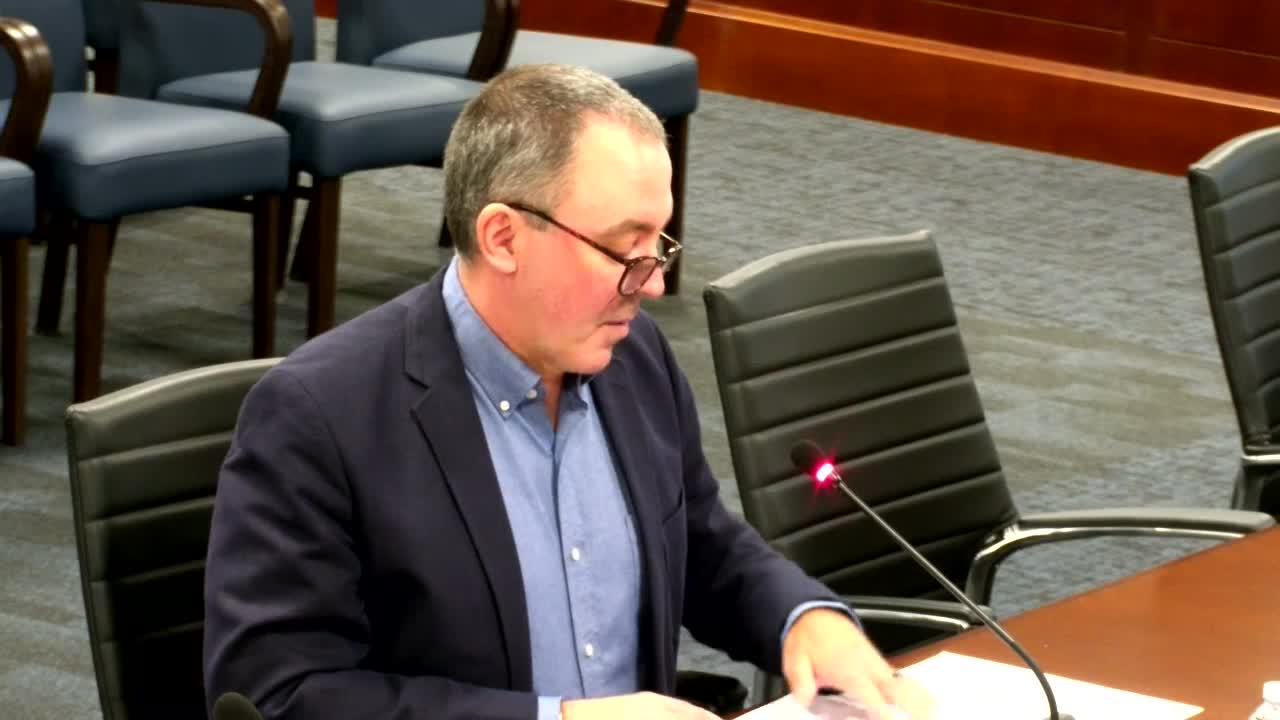Council Discusses Salary Adjustments and Budget Implications for Elected Officials
October 01, 2025 | Prince George's County, Maryland
This article was created by AI summarizing key points discussed. AI makes mistakes, so for full details and context, please refer to the video of the full meeting. Please report any errors so we can fix them. Report an error »

During a recent government meeting in Prince George's County, Maryland, discussions centered on the Compensation Review Commission and the Charter Review Commission, highlighting key aspects of proposed salary adjustments for council members. The meeting aimed to clarify the current compensation structure and explore potential changes that could impact council members' salaries.
One significant topic was the comparison of salary increase options. Currently, the code allows for a cost-of-living adjustment (CPI) of up to 3%, while an alternative proposal suggests a maximum increase of 2.5%. This distinction is crucial as it reflects the council's approach to managing compensation in varying economic conditions. The discussions indicated that newly elected council members would not receive an increase in their first year, while those in their second term could expect to see adjustments based on the established guidelines.
Another point of contention was the potential for flexibility in salary increases based on the county's budgetary constraints. One council member raised the idea of incorporating a caveat that would allow for salary increases up to $2,500 in prosperous times, while also providing the option to halt increases if the budget does not support them. This proposal aims to ensure that salary adjustments remain sustainable and aligned with the county's financial health.
The meeting underscored the importance of these discussions as they directly affect the council's ability to attract and retain qualified members. As the county navigates economic fluctuations, the decisions made regarding compensation will play a vital role in shaping the governance landscape.
In conclusion, the meeting highlighted the ongoing efforts to review and potentially revise the compensation framework for council members in Prince George's County. As discussions continue, the implications of these decisions will be closely monitored, particularly in relation to the county's budget and overall economic conditions. The next steps will involve further analysis and potential adjustments to ensure that the compensation structure remains fair and effective.
One significant topic was the comparison of salary increase options. Currently, the code allows for a cost-of-living adjustment (CPI) of up to 3%, while an alternative proposal suggests a maximum increase of 2.5%. This distinction is crucial as it reflects the council's approach to managing compensation in varying economic conditions. The discussions indicated that newly elected council members would not receive an increase in their first year, while those in their second term could expect to see adjustments based on the established guidelines.
Another point of contention was the potential for flexibility in salary increases based on the county's budgetary constraints. One council member raised the idea of incorporating a caveat that would allow for salary increases up to $2,500 in prosperous times, while also providing the option to halt increases if the budget does not support them. This proposal aims to ensure that salary adjustments remain sustainable and aligned with the county's financial health.
The meeting underscored the importance of these discussions as they directly affect the council's ability to attract and retain qualified members. As the county navigates economic fluctuations, the decisions made regarding compensation will play a vital role in shaping the governance landscape.
In conclusion, the meeting highlighted the ongoing efforts to review and potentially revise the compensation framework for council members in Prince George's County. As discussions continue, the implications of these decisions will be closely monitored, particularly in relation to the county's budget and overall economic conditions. The next steps will involve further analysis and potential adjustments to ensure that the compensation structure remains fair and effective.
View full meeting
This article is based on a recent meeting—watch the full video and explore the complete transcript for deeper insights into the discussion.
View full meeting
